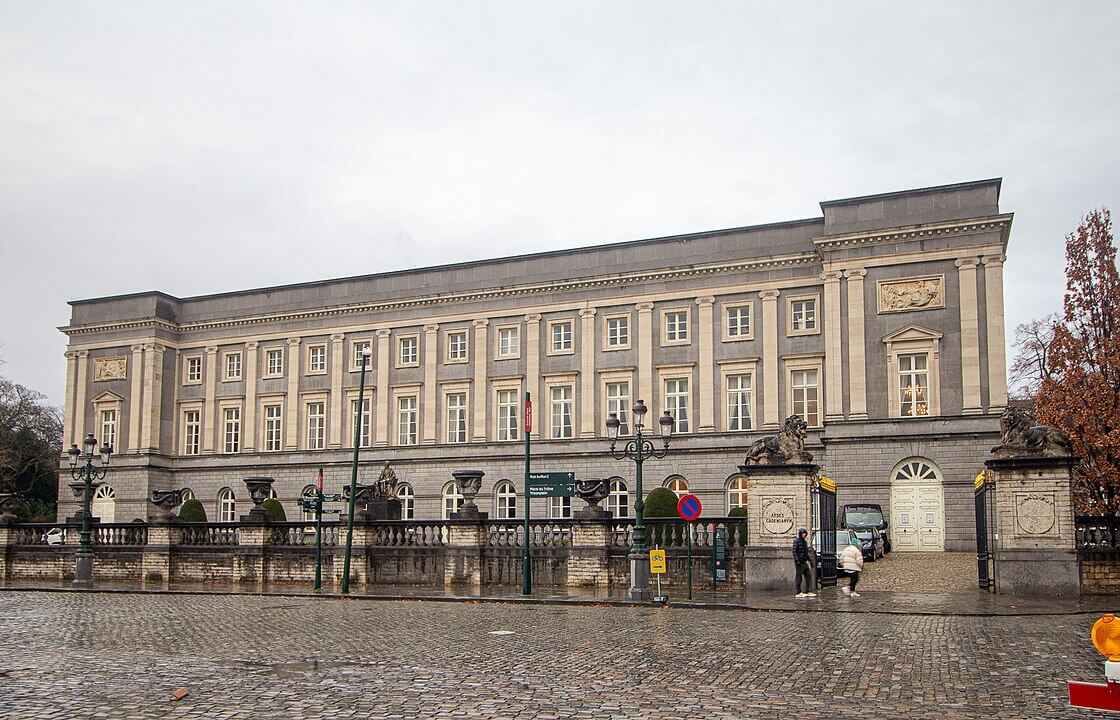The Royal Academies for Science and the Arts of Belgium has been a member since 1919.

Belgium is a Member of ISC through its two relevant Academies, namely:
Académie royale des Sciences, des Lettres et des Beaux-Arts de Belgique (ARB)
This institution, founded on 12 January 1769 as the “Société littéraire de Bruxelles”, was transformed into an Academy on 16 December 1772 by the Empress Marie-Thérèse. On 1 December 1845, King Leopold I conferred new Statutes and By-Laws on the Academy; they still govern it today.
The Academy, comprising 90 members, 60 correspondents and 150 associates (foreign members), is divided into three Classes: Sciences, Letters and Moral and Political Sciences and Fine Arts. Each Class has 30 members, 20 correspondents and 50 associates.
The Royal Flemish Academy of Belgium for Science and the Arts (KVAB)
This institution was founded by the Royal Decree of 16 March 1938; new statutes and a new name were signed by His Majesty King Albert II (Royal Decree of December 2, 1998). It has the same structure as the Académie Royale des Sciences, des Lettres et des Beaux-Arts de Belgique (ARB), but each Class has only 10 corresponding members, in addition to 30 members and 50 foreign members. His Majesty King Albert II is patron of both Academies.
The ARB and the KVAB co-sponsor various committees and activities, i. a. the national committees associated with the ISC and its affiliated bodies.
In order to co-ordinate these activities, an umbrella organization has been created, where all mail and information related to the ISC Unions should be addressed to: The Royal Academies for Science and the Arts of Belgium (RASAB).
Among the other activities promoted by the Academies, mention must be made of the following joint initiatives: the Royal Commission on History, the Royal Commission on Dialectology and Toponymy, and the Royal Belgian Academy Council of Applied Sciences (BACAS), which is a member of Euro-CASE and CAETS. The Academies also publish a National Biography – each in its own language, and they hold membership in the International Academic Union (IAU), which has had its administrative seat at the ARB since 1919.
Both Academies have, in addition, their own specific activities. They advise the federal and (respective) community governments on matters related to science, the humanities and fine arts, and often issue statements of opinion on these matters. They are centres of cooperation between Belgian and foreign scholars and artists, and maintain frequent contacts with their Belgian and foreign counterparts. The Academies organize, jointly or separately, symposia devoted to scientific, literary, philosophical and such like themes, and exhibitions of a scientific or artistic nature. They award specific prizes based on annual competitions, prizes and subsidies of foundations, and have their own publications (Year Book, Bulletins and Transactions of the Classes, collections of Scientific Dissertations).
The ARB administers the Central Fund for Belgian Artists, the Arthur Mergelynck Foundation, the J. and Y. Ochs-Lefebvre Foundation, the Jean-Marie Delwart Foundation, and has formed several of its own committees, e.g. one on Human Rights. It has contacts with a large number of sister Academies, for example, the Institut de France, the Academia Romana, the Academies of Poland and Israël, and the Académie Européenne des Sciences, des Arts et des Lettres.
The KVAB also has its own Committees, e.g. the History of Law, Economic History, Classical Studies, Maritime History, Humanism in the Netherlands. Human Rights. It founded in 1993 a Centre of European Culture, which organizes colloquia and lectures. It has a special relationship of scientific cooperation with the Academies in Amsterdam, Bucharest, Budapest, Cracau, Paris, Prague, Vienna and Warsaw and has operational duties in ALLEA and EASAC.